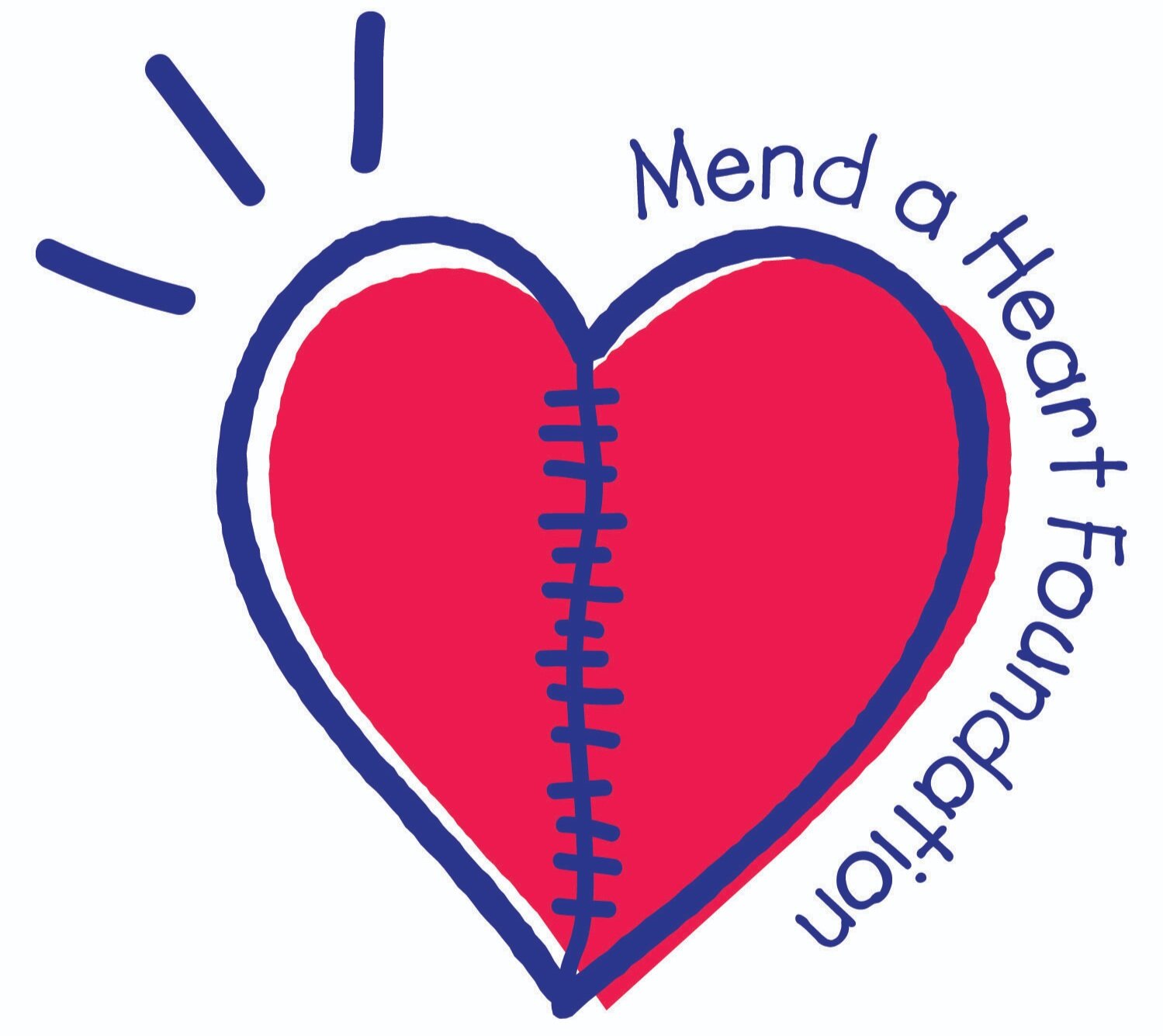Ann & Robert H. Lurie Children's Hospital of Chicago
Dr. Brad Marino, MD, Primary Investigator
Research Project: Cardiac Neurodevelopmental Support Program
Amount funded: $40,000
When cardiologist Bradley Marino, MD began practicing medicine 20 years ago, many children who underwent surgery for congenital heart disease did not survive. Today the majority of children with congenital heart disease are surviving to become adults. Dr. Marino and his colleagues now face a different challenge: maximizing quality of life for children surviving with congenital heart disease.
Children with complex congenital heart disease often require multiple surgeries, long hospitalizations, and intensive outpatient follow-up. Many of these children are at risk for language impairment, Attention Deficit Hyperactivity Disorder, executive dysfunction (organization, planning and task management), visual processing, fine and gross motor problems, and behavioral and emotional difficulties. These impairments result from brain injury due to chronic or intermittent low oxygen levels and decreased blood flow to the brain and result in decreased neurodevelopment, psychological, and physical functioning that can negatively impact the child’s quality of life.
The majority of parents of children with complex congenital heart disease have concerns about their child’s development. Many children receive various therapies (speech, physical therapy, or occupational therapy), and psychosocial supports. Up to 1/3 of children with congenital heart disease will require some form of special education or learning supports.
The American Heart Association and the American Academy of Pediatrics have recognized these issues and they have recommended specific evaluation and lifelong, ongoing treatment of this high-risk population.
Research supports the benefit of early evaluation and ongoing treatment of developmental issues. Lurie Children’s has been working to expand their current neonatal and cardiac neurodevelopment support program to provide evaluation and treatment for children from birth to adulthood. Through a multidisciplinary team including neonatologists, cardiologists, nurse practitioners, developmental-behavioral pediatricians, speech pathologists, physical and occupational therapists, neuropsychologists, audiologists, dietitians, cardiovascular geneticists, and educators, the clinic provides developmental and neuropsychological assessments, identifies any feeding or nutritional deficiencies, and addresses any fine or gross motor, and speech or language deficients. Additionally, educators provide family support and are critical to helping the family navigate the school systems.
The goals of the program are to intervene to prevent or treat neurodevelopment and psychosocial deficits to improving quality of life, maximize educational attainment, reduce anxiety, depression, and stress in families, and reassure and support families with children who have congenital heart disease. With philanthropic support for the program, these children will not only survive, but will also thrive and lead the best lives possible.
The goal is to provide care to 250 patients a year. With certain costs only partially covered by insurance, we determined the total cost per child would be roughly $600 per year.
Expected patient visits per year: 250
Neuropsychologist: $138,715.00
Educator: $82,715.36
Cost per patient visit: $600
Total program cost per year: $150,000

